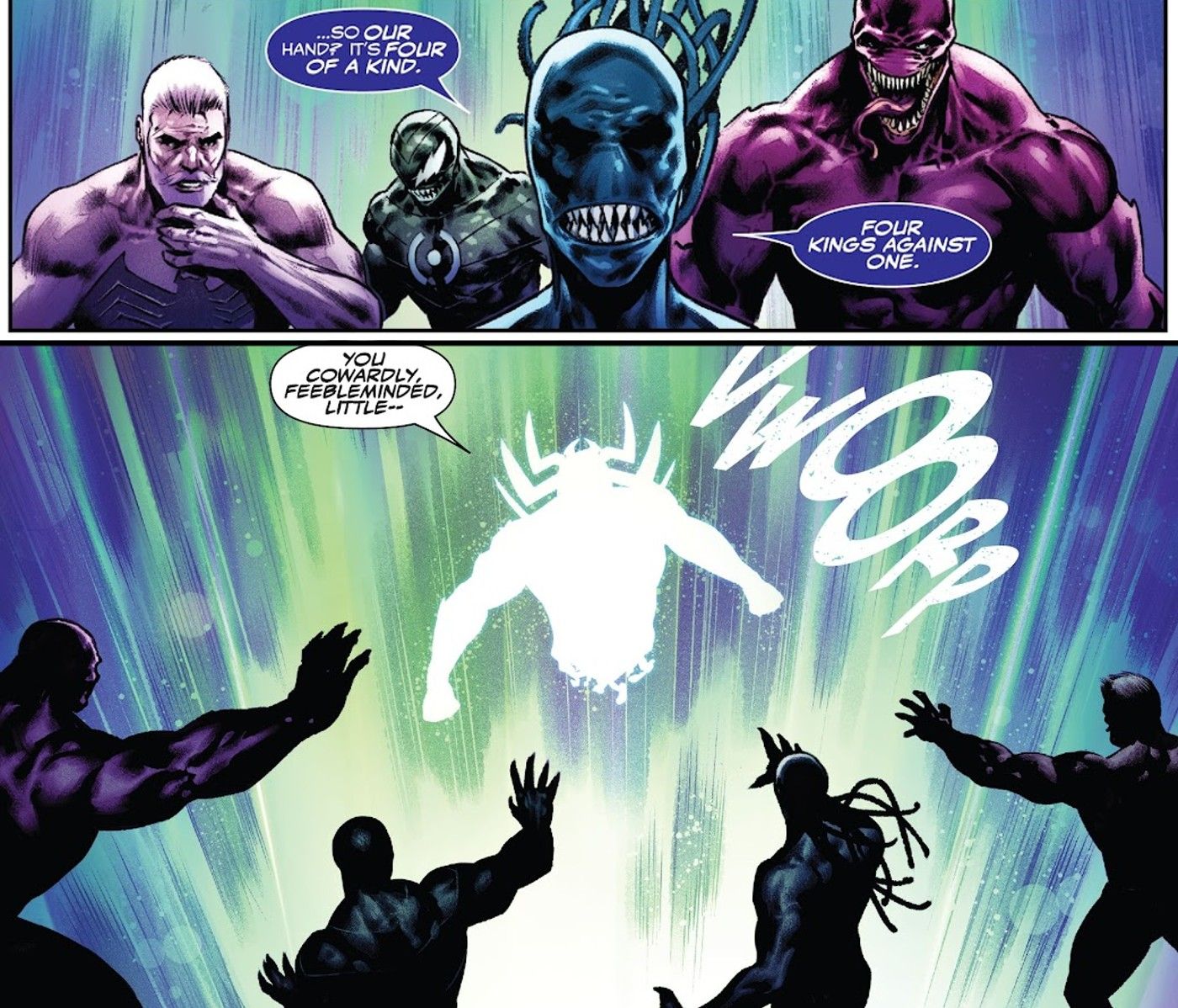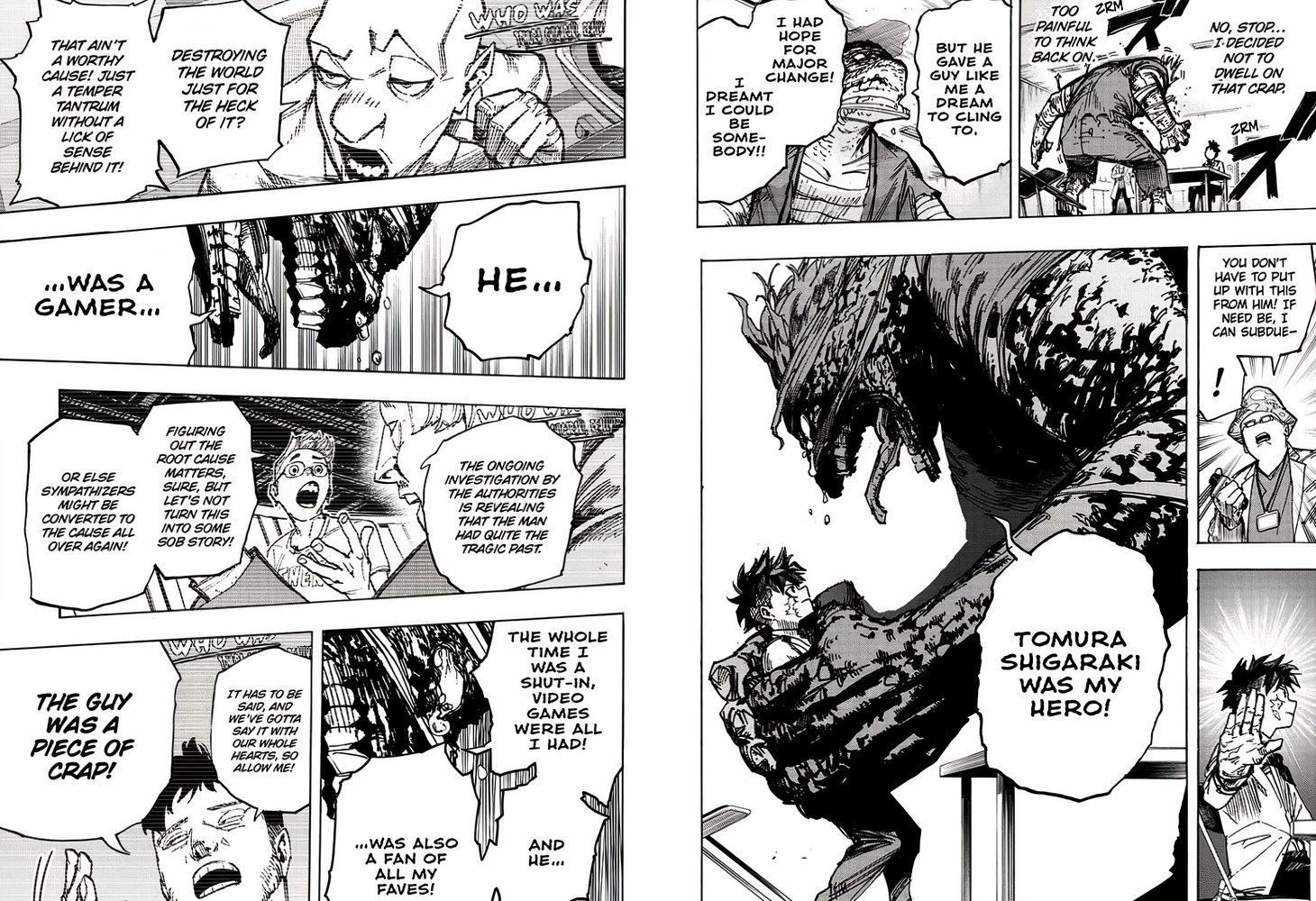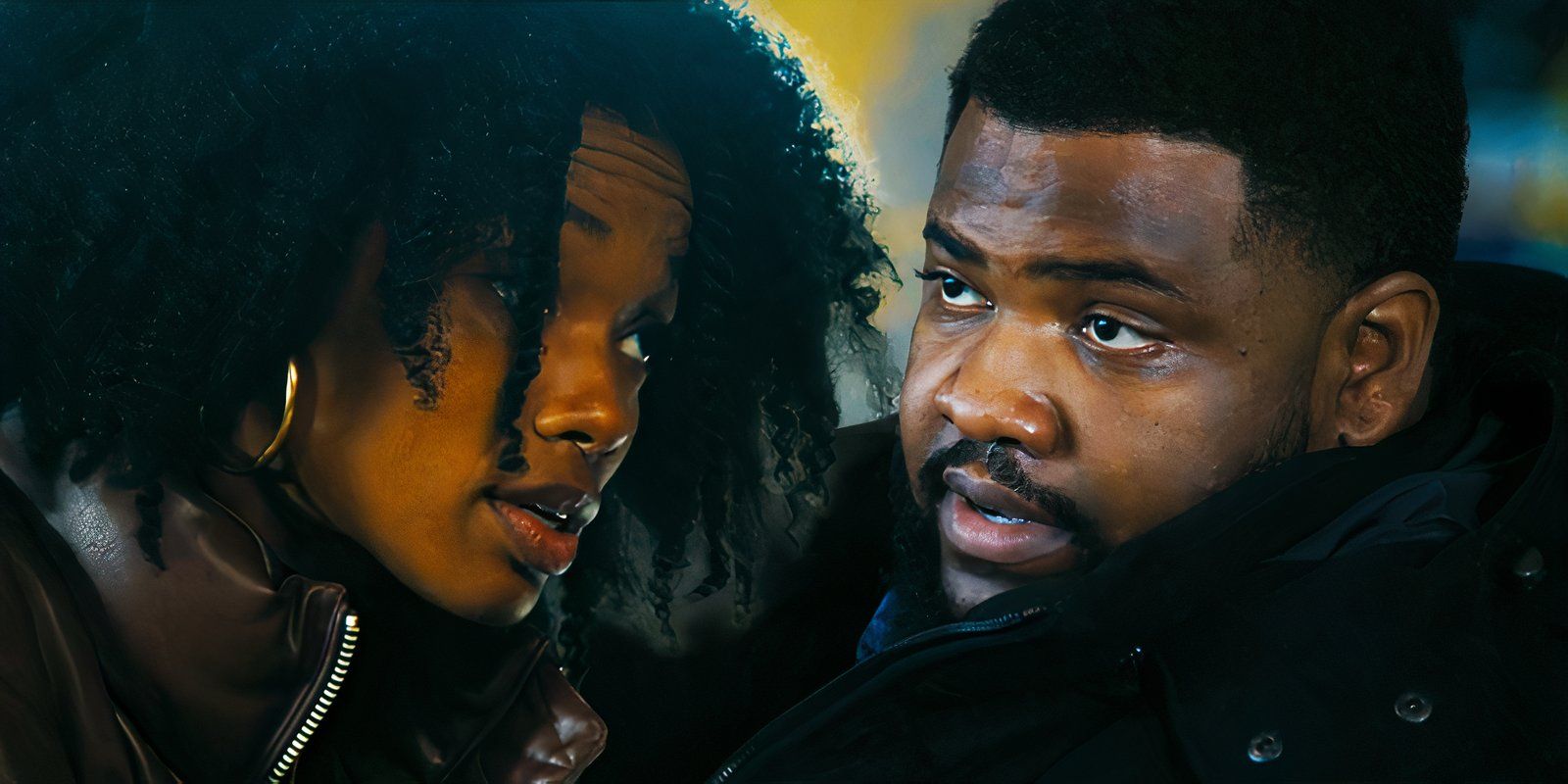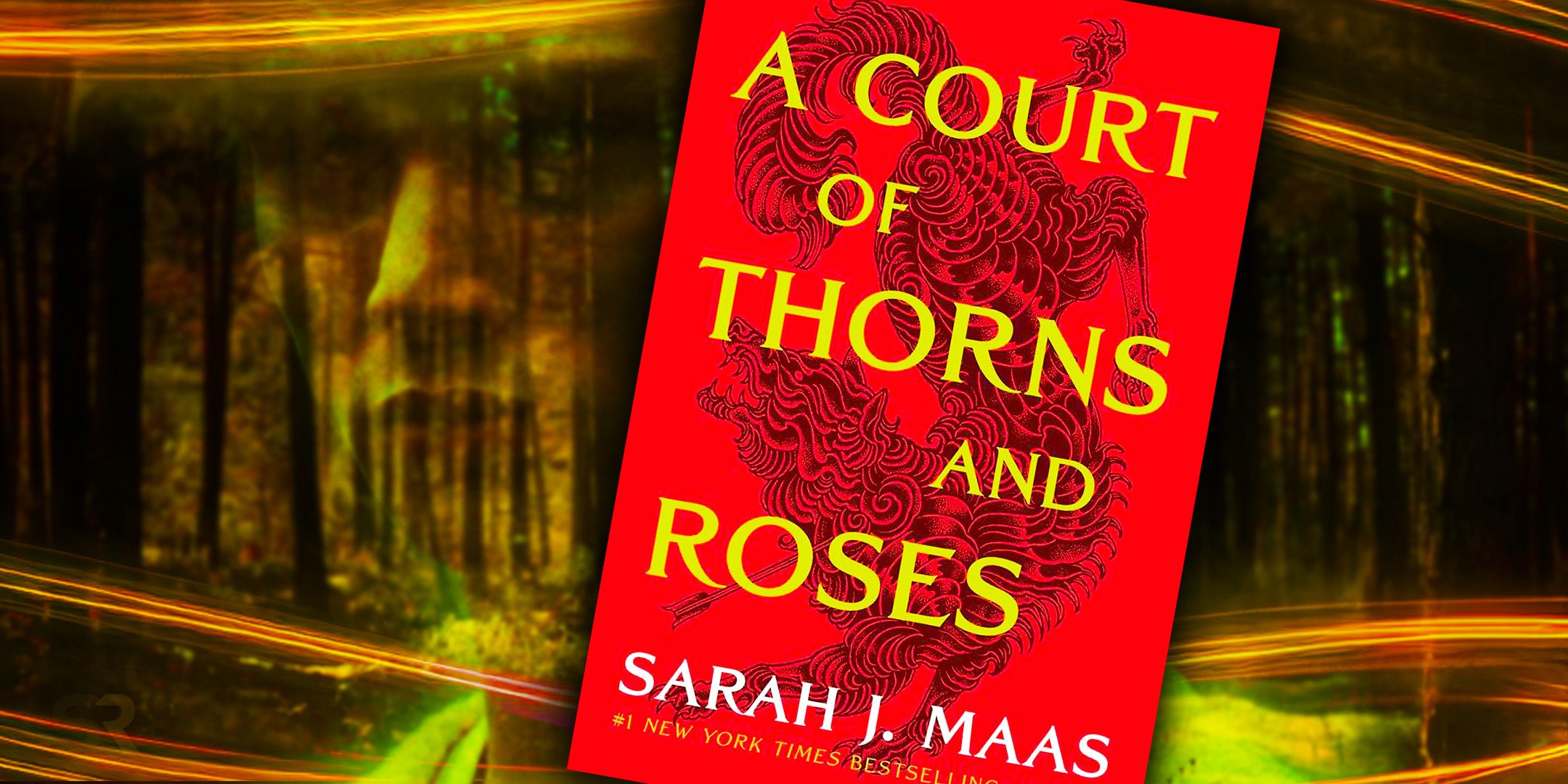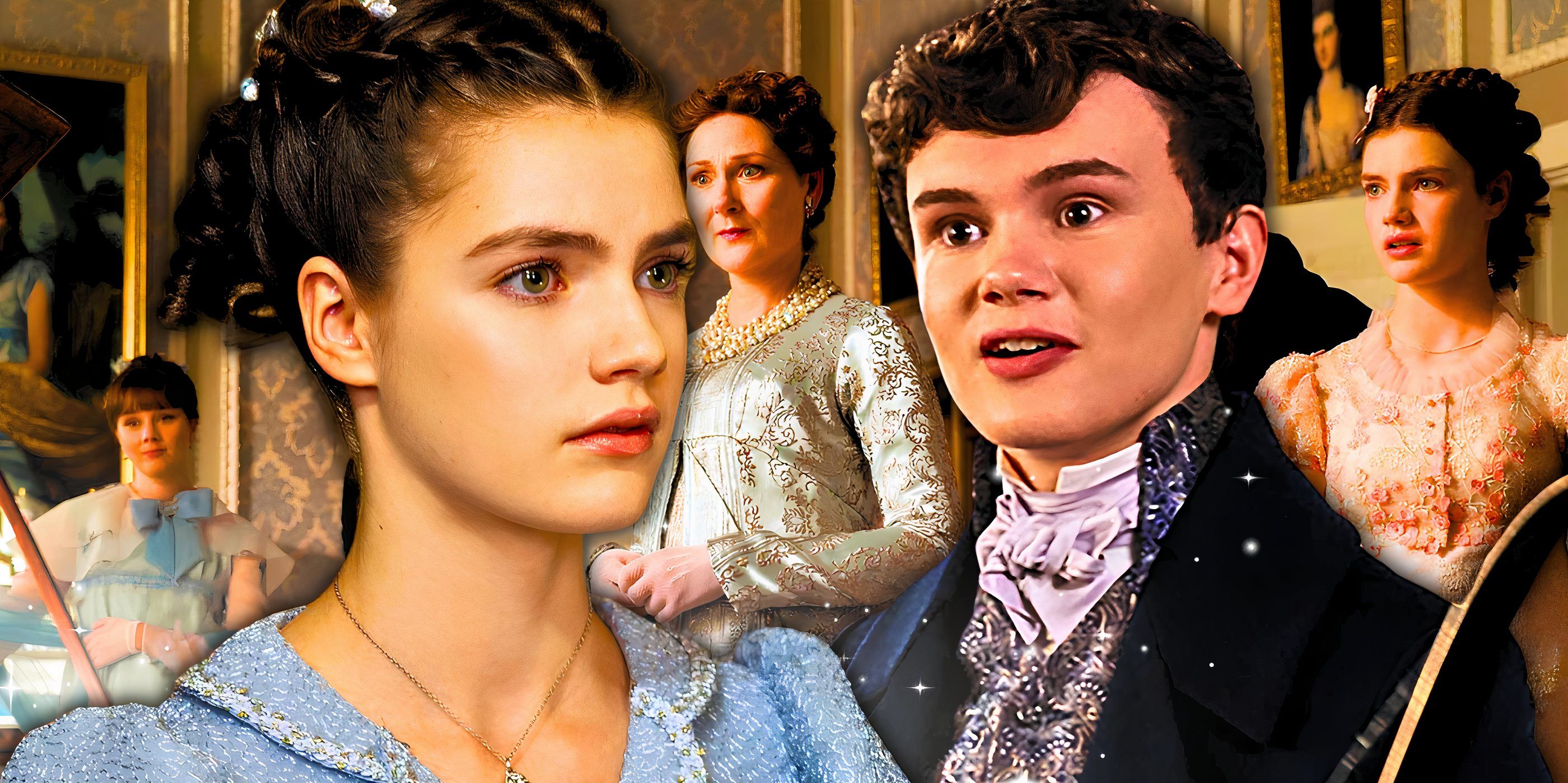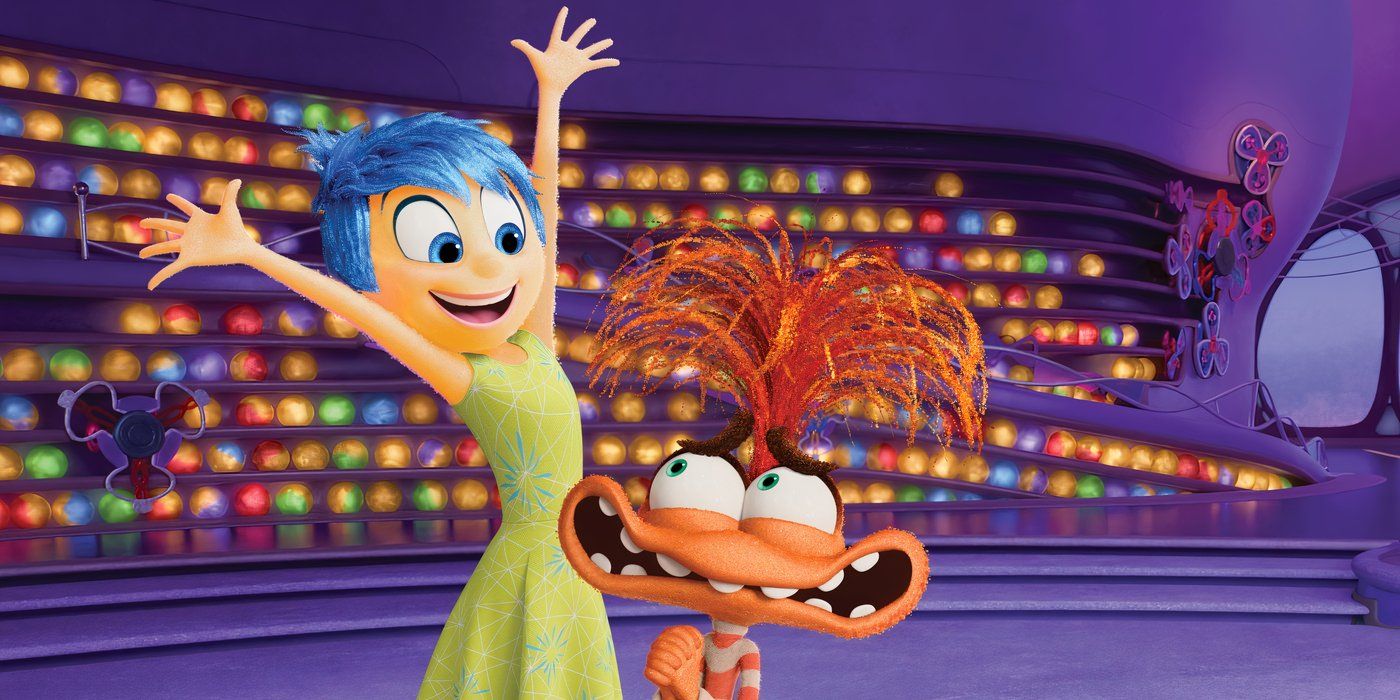Finding a filmmaker we love and following their work through the years is one of the best things about being a cinephile. Each generation has its own directors who capture the sensibilities of their era and inspire fans. Frank Capra, Elia Kazan, Alfred Hitchcock, Steven Spielberg, Martin Scorsese, Brian De Palma, and Francis Ford Coppola are all classic examples of respected filmmakers with large fanbases. Today, auteurs such as Spike Lee and Paul Thomas Anderson have created unique works that have earned them both an ever-growing fanbase.
Some filmmakers take a few films to catch on, but many make their name with their very first film. Here are 10 great debut films from respected directors.
Reservoir Dogs – Quentin Tarantino (1992)
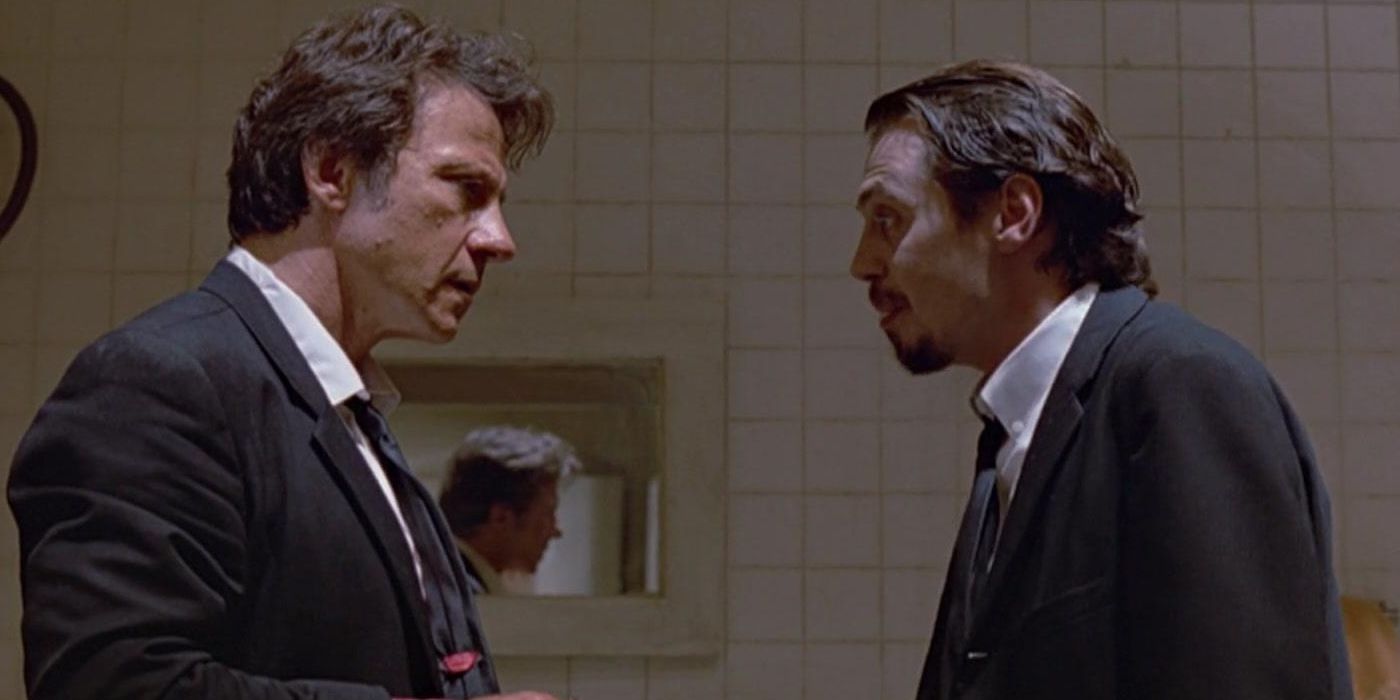
Quentin Tarantino changed 90s cinema with his firecracker debut, Reservoir Dogs. For his first film, Tarantino assembled a bevy of great character actors (Harvey Keitel, Michael Madsen, Chris Penn, Steve Buscemi, and more) to bring to life his homage to the films of John Woo and Sam Fuller.
Tarantino’s film was a massive hit on the film festival circuit and received high critical praise, sending him on his journey to be one of modern filmmaking’s most inventive and respected filmmakers.
In The Bedroom – Todd Field (2001)
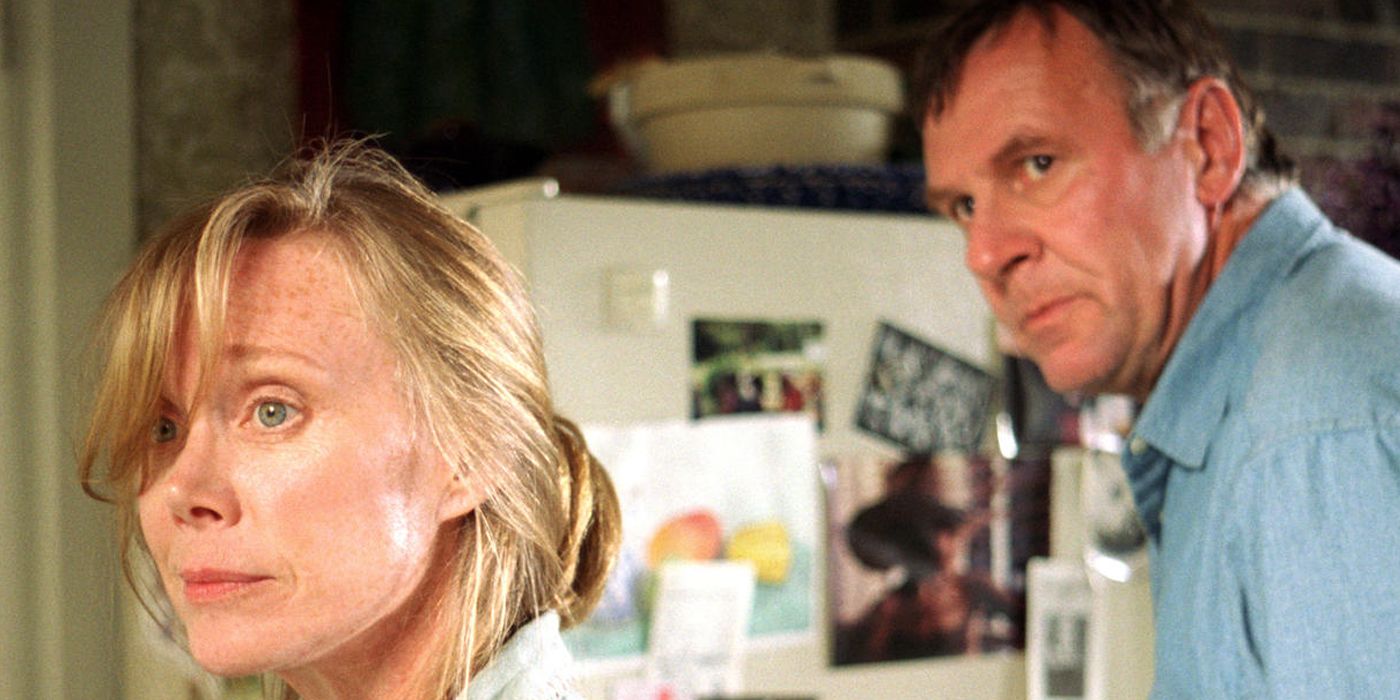
Based on the Andre Dubus story, Killings, actor Todd Field showed he was a supremely skilled filmmaker with 2001’s In the Bedroom, a masterfully told tale of a couple’s young son and his involvement with an older woman that leads to tragedy.
The film made almost every “Best of the Year” list and was nominated for five Oscars, including Best Picture. Critics took note of Field’s skill with weaving a story infused with drama and thriller elements, without calling attention to his style or sacrificing the characterizations within the screenplay.
She’s Gotta Have It – Spike Lee (1986)
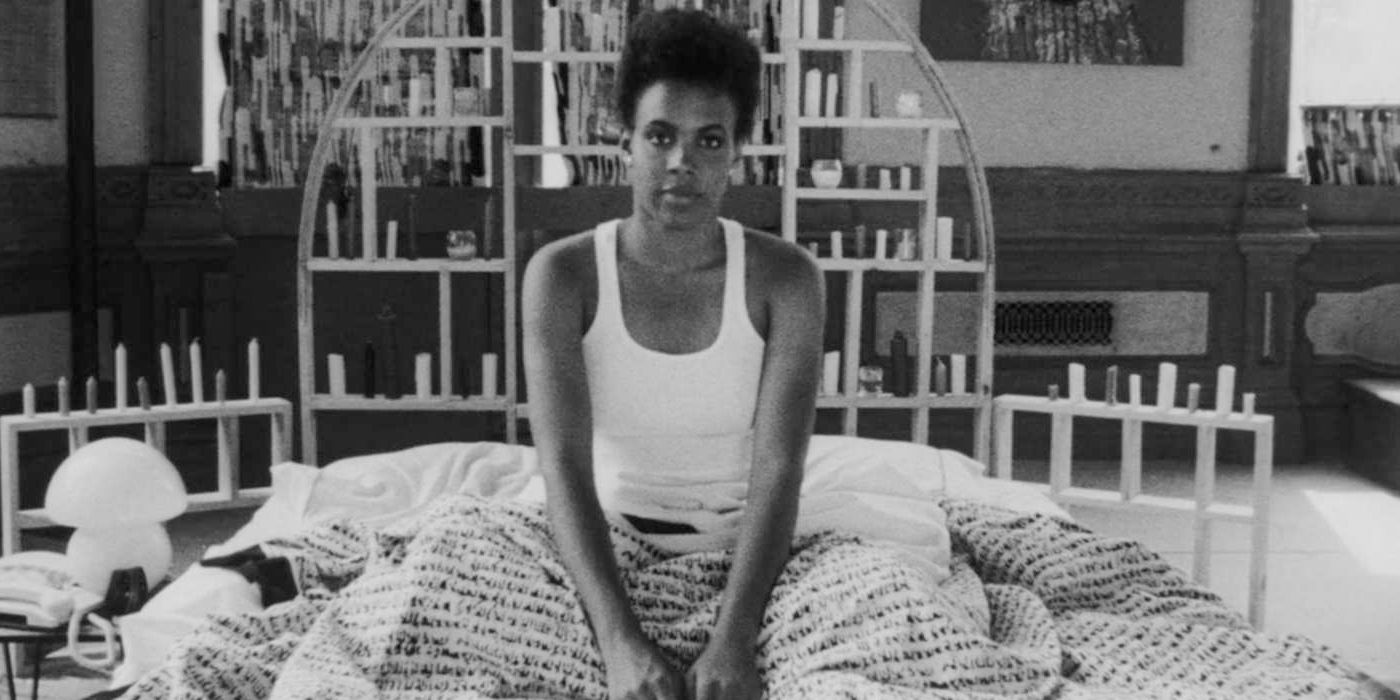
Immediately announcing a bold new cinematic voice, Spike Lee’s 1986 debut, She’s Gotta Have It, introduced audiences to the filmmaker’s unique style. Lee’s story of Nola Darling (a struggling NYC artist who is in complete control of her sexuality and won’t allow herself to be objectified by society) was fresh, funny, sexy, and potent.
The film was important contribution to cinema, as it portrayed the life of Black New Yorkers without cliche or stereotype. Lee’s film was praised by critics and turned a profit on a small budget.
Duel – Steven Spielberg (1971)
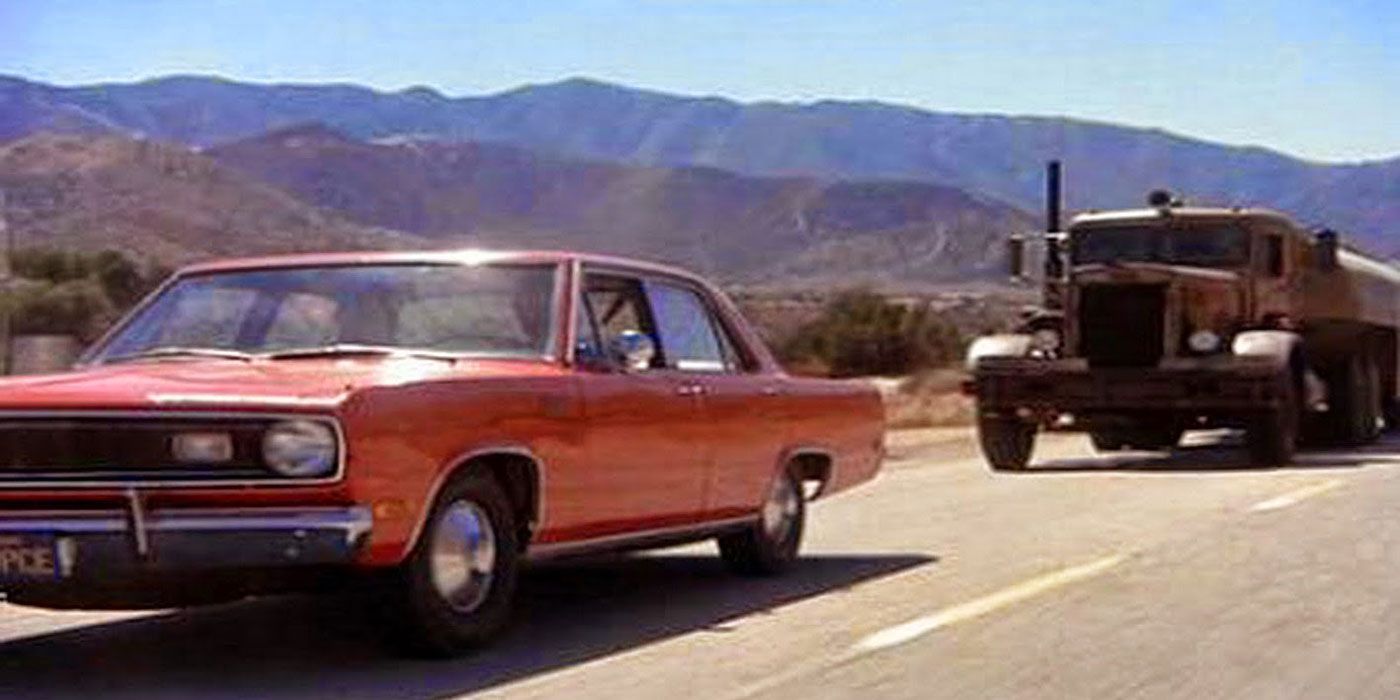
Steven Spielberg began his legendary career with a television film from 1971. Duel is the frightening tale of a lone driver (Dennis Weaver) who is terrorized by a massive truck that may or may not be of supernatural origin.
Spielberg showed his skill at building tension with camera placement, editing, and sound. The almost dialogue-less film was praised for being a masterclass in filmmaking and would foreshadow the director’s style that would later explode with 1975’s Jaws.
Sex, Lies, And Videotape – Steven Soderbergh (1989)
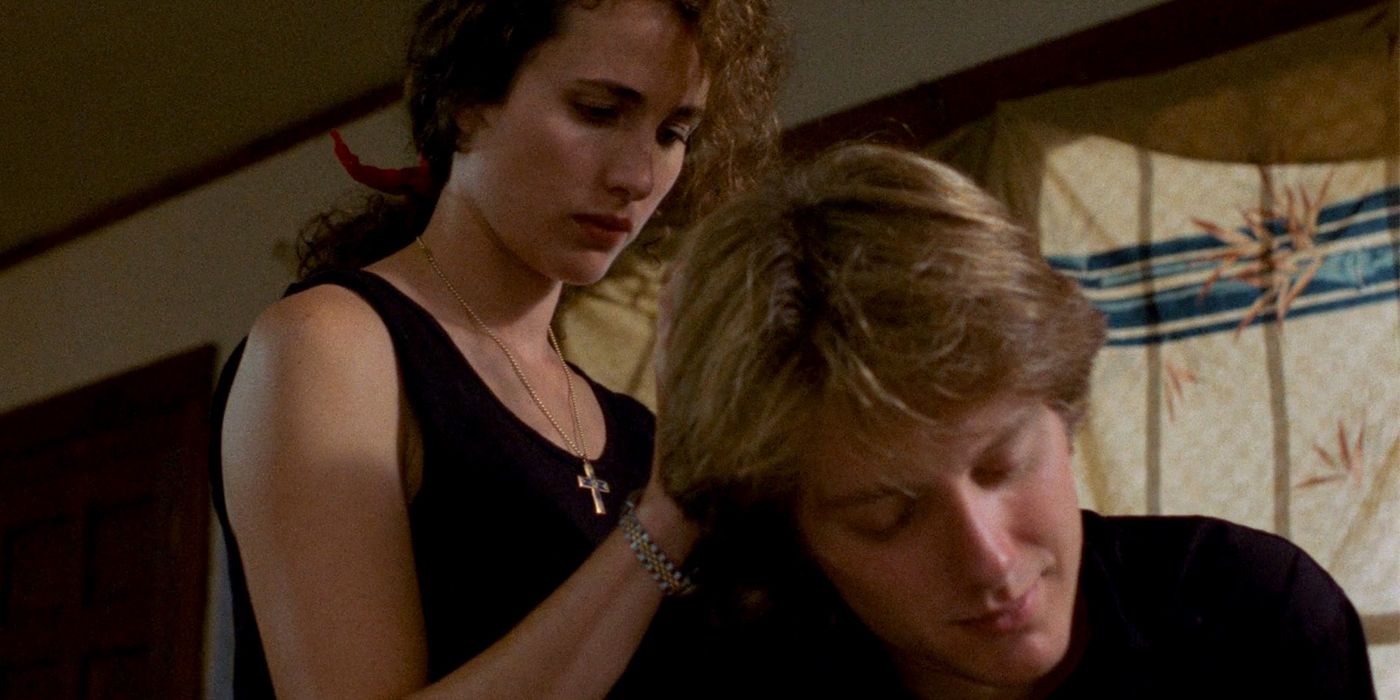
Sex, Lies, and Videotape was, perhaps, a misleading title for audiences in 1989. Soderbergh’s film was not a sexy and exploitative film but, rather, an extremely well-crafted drama about the human condition with an astonishingly literate screenplay and four excellent lead performances.
James Spader, Andie McDowell, Laura San Giacomo, and Peter Gallagher made names for themselves and Soderbergh became a filmmaker to pay attention to with the success of this film, as his screenplay was nominated for an Oscar.
Boyz N The Hood – John Singleton (1991)
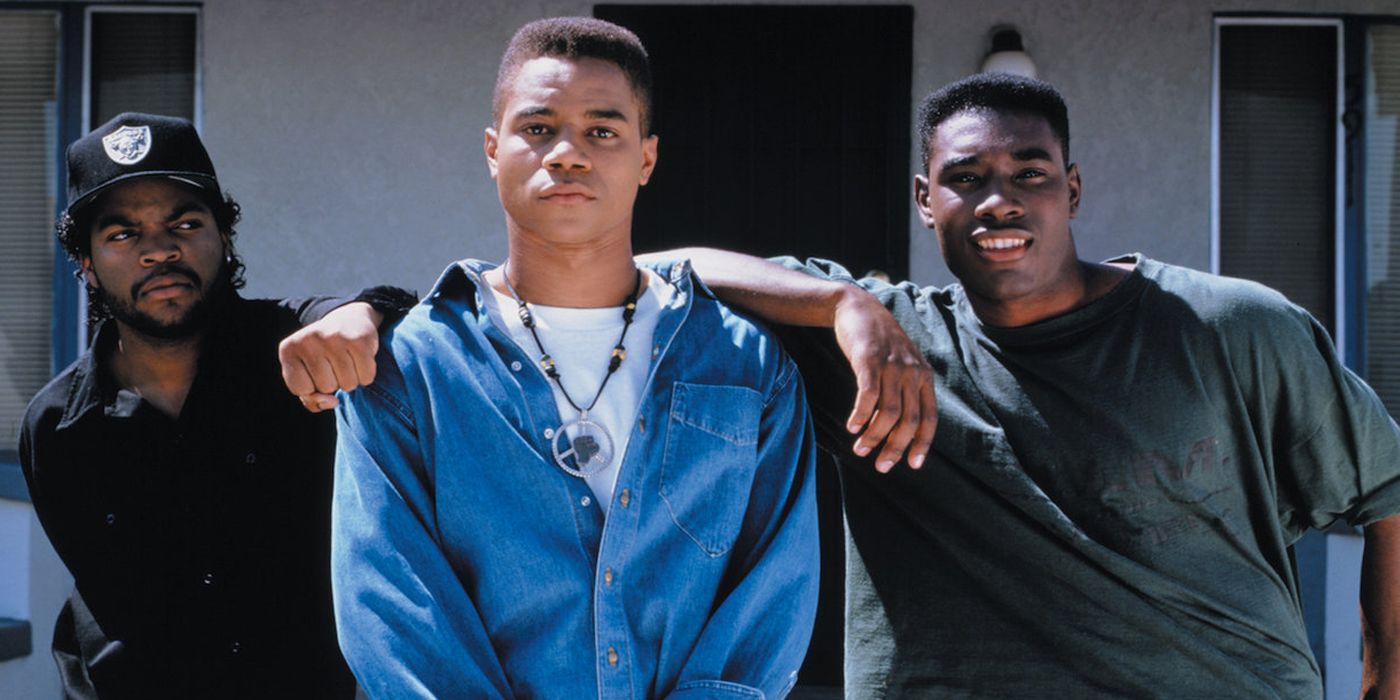
The late John Singleton broke barriers and made history with his debut film Boyz N The Hood. The first film to honestly deal with life in South Central Los Angeles, Singleton’s film showed the world that it was not all about violence, but about family and friendship.
The film was a massive commercial and critical success that launched the film careers of Cuba Gooding Jr., Ice Cube, Morris Chestnut, and Nia Long. Singleton also became the first African-American to be nominated for Best Director.
12 Angry Men – Sidney Lumet (1957)
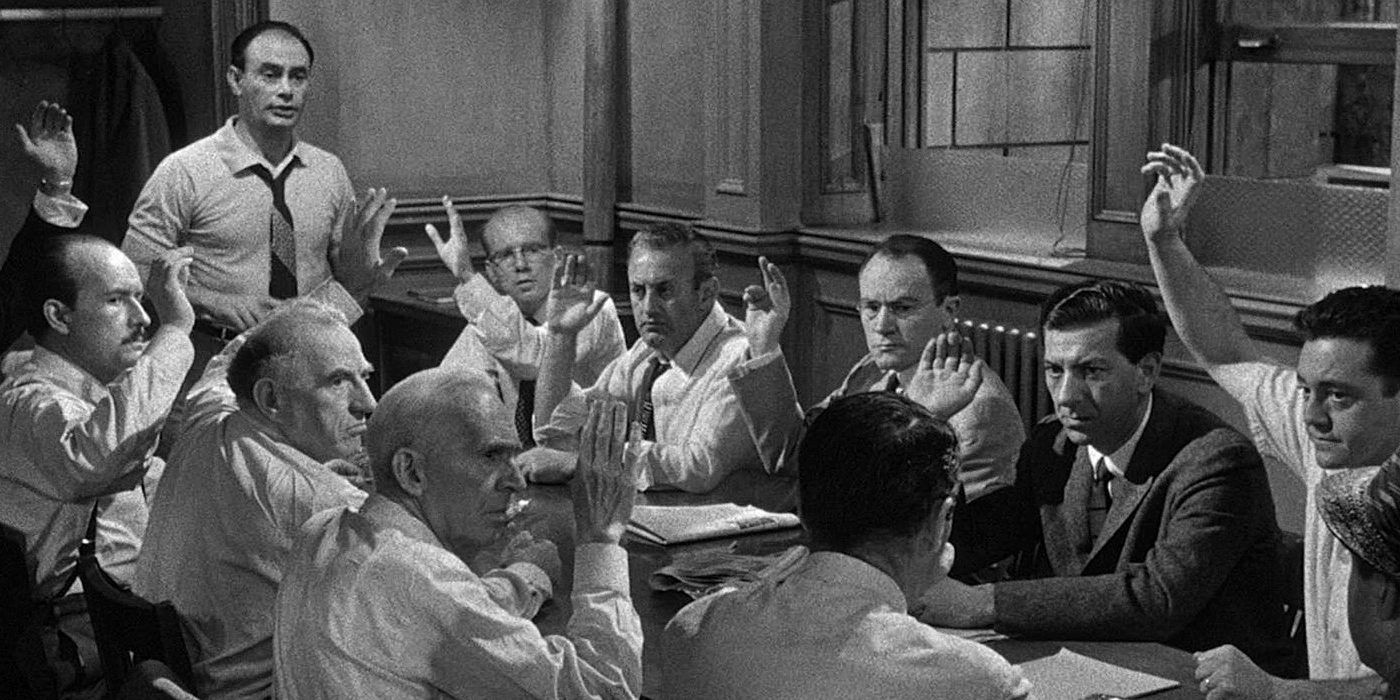
Sidney Lumet was one of the most respected directors to ever take up the craft. He gave cinema so many respected classics, such as The Pawnbroker, Serpico, Dog Day Afternoon, and Network.
His debut film, 12 Angry Men, is considered one of, if not the greatest courtroom drama ever made. His cast included Henry Fonda, Lee J. Cobb, Jack Warden, and more heavy hitters. His cast praised the director for his unequaled preparation before shooting began and his easy way of communicating with actors. Lumet’s film is widely praised as a classic and was nominated for 3 Oscars.
Night Of The Living Dead – George A. Romero (1968)
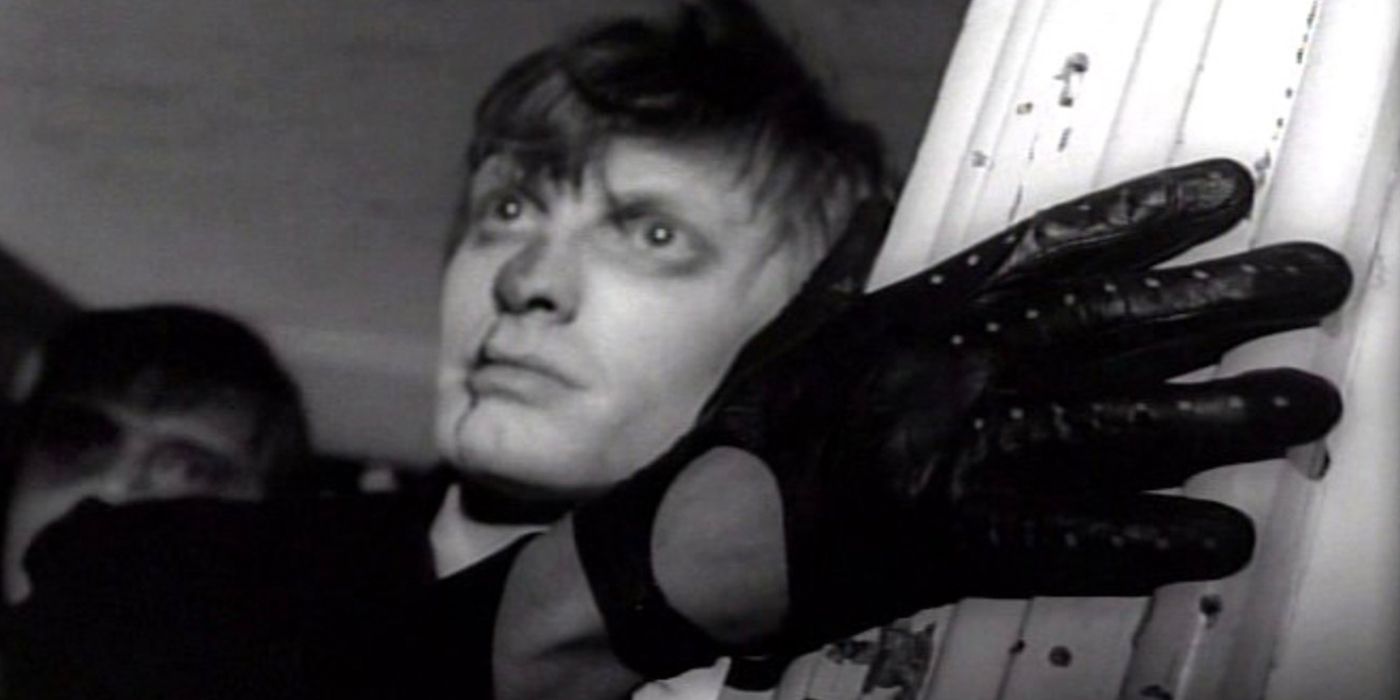
The film that launched a thousand zombie films, George A. Romero’s groundbreaking horror classic, 1968’s Night of the Living Dead began a long and respected career as one of the horror genre’s true masters.
The film played in drive-ins and on the Midnight Movie circuit for years, as critics took notice and it eventually became one of the most respected debuts from a filmmaker. In 1999, the film received the honor of being added to the National Film Registry.
Dances With Wolves – Kevin Costner (1990)
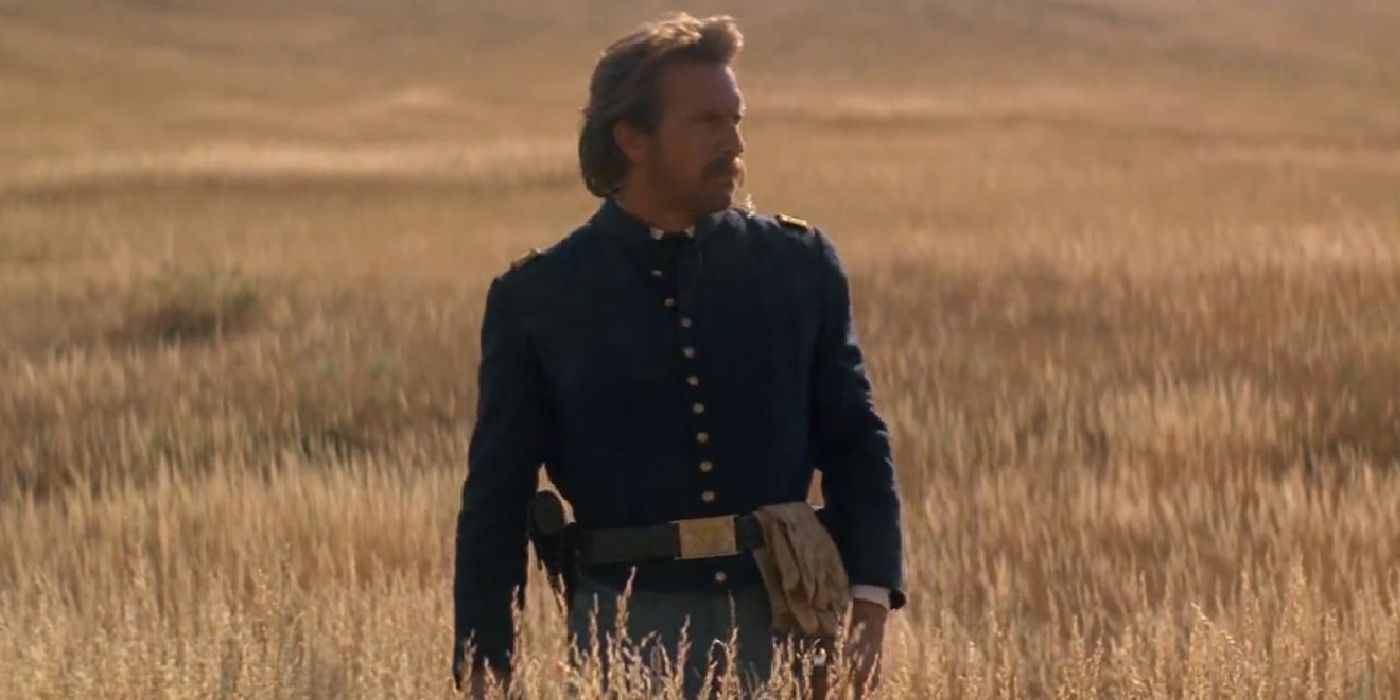
When Kevin Costner announced his plan for Dances With Wolves, his three hour Western, he was met with ridicule. The Western had long been out of favor and Costner had only achieved stardom a few years earlier.
Costner destroyed all detractors with his lyrical, poetic, and respectful film of a soldier who befriends a group of Sioux. Critics showered the film with praise and audiences made the film a huge success. The film was nominated for 13 Oscars, winning seven.
The Maltese Falcon – John Huston (1941)
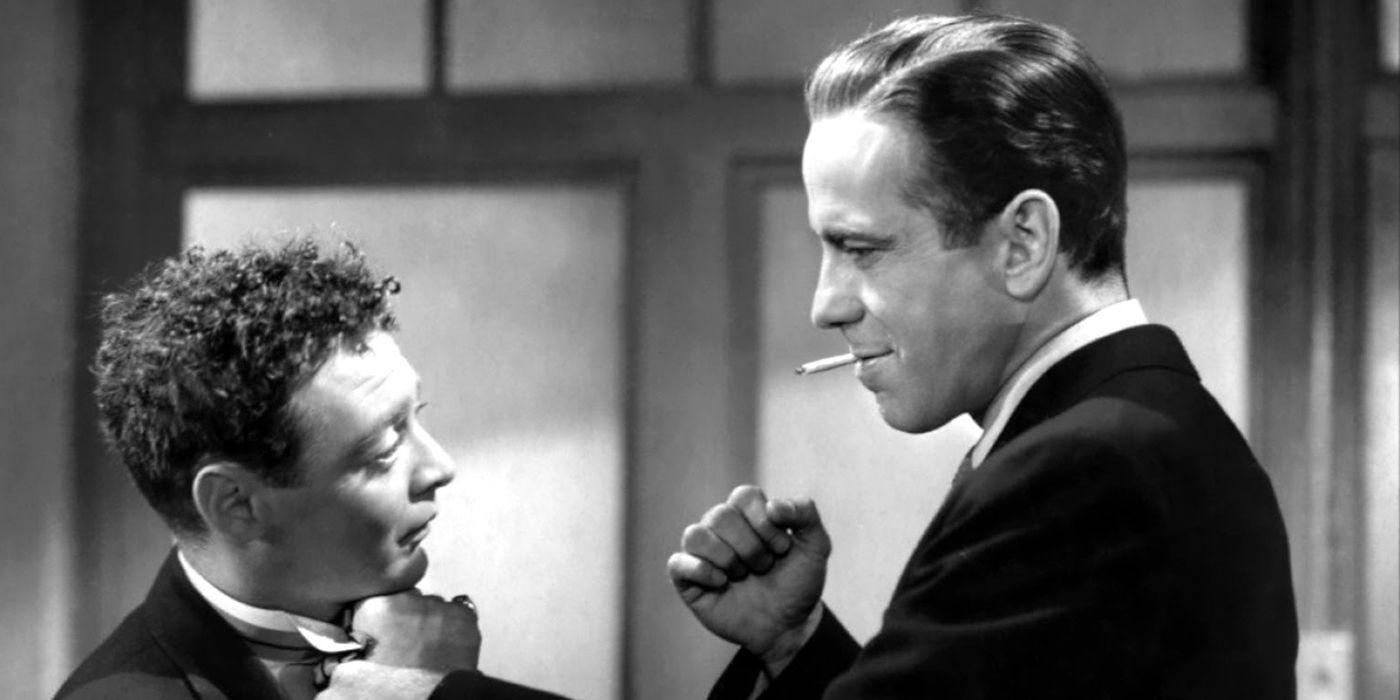
Humphry Bogart played Sam Spade in John Huston’s supreme classic adaptation of Dashiel Hammett’s The Maltese Falcon. The film is considered the pinnacle of the Private Eye genre.
Huston directed with skill and matched the ego of star Humphrey Bogart. The film was nominated for three Oscars, including one for Huston’s sharp screenplay. The film was popular with 1941 audiences and Huston would go on to have a long and successful career as a filmmaker until his death in 1987 at the age of 81.
